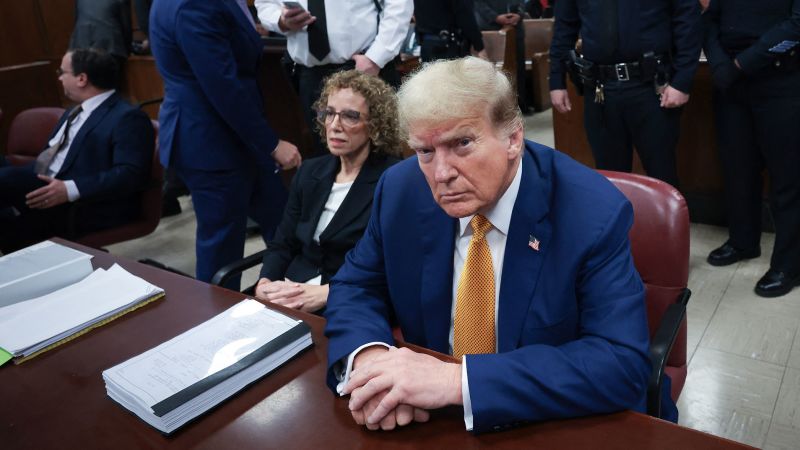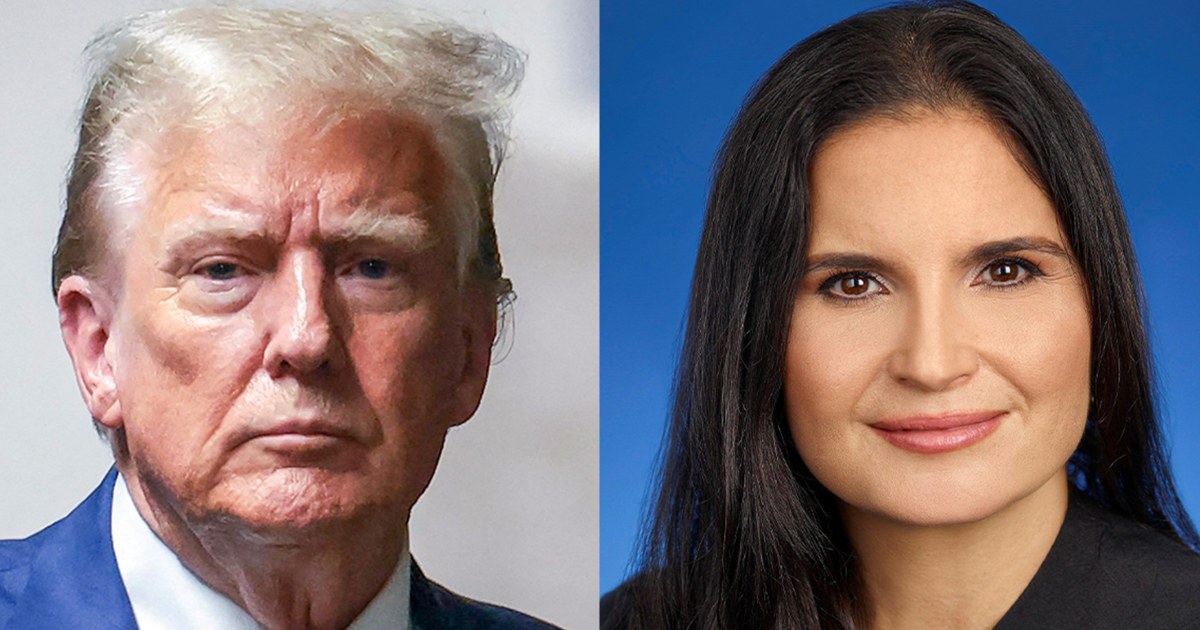
Former President Donald Trump is currently facing multiple criminal trials, including one in Florida over allegations of improperly holding onto classified documents after leaving the White House. The trial, which was originally scheduled to begin on May 20, 2024, has been delayed indefinitely due to the complexity of the case and Judge Aileen Cannon's handling of pretrial issues. Cannon has shown little urgency in resolving these issues, leading to criticism from legal experts and calls for her recusal from the case.
Trump is facing 40 federal charges in this trial over claims he obstructed attempts to get the classified documents returned to the relevant authorities after leaving office. The delay in the trial has raised concerns about whether it will get underway before the November 2024 presidential election.
Judge Cannon, who was appointed by Trump, has been criticized for her slow work and deference to Trump's requests for delays in the case. She has also shown a new propensity for micromanaging and required clearances for clerks to handle classified material in her chambers. This, combined with a higher than normal turnover in her chambers, has added complexity to the case.
The Classified Information Procedures Act (CIPA) is a 1980 law that governs the use of classified documents in criminal trials and adds complexity to the case. Judge Cannon has ruled on several motions related to the case since March, including redaction and sealing requests. She obliged Trump's request for a special master to slow down the Justice Department's examination of seized material.
The trial had originally been scheduled to begin on May 20 but was delayed due to the complexity of the case and Trump's ongoing criminal trial in New York. The other prosecution, which is generally seen as the weakest case against Trump, has provided salacious and embarrassing moments for the former president but is ongoing in a different jurisdiction.
Critics argue that Judge Cannon's handling of the case and her decisions play into Trump's strategy of delaying court appearances. They also question her impartiality given her appointment by Trump and limited experience overseeing trials, especially those involving highly classified state secrets.
It is unclear whether the case will get underway before the November 2024 presidential election due to Judge Cannon's handling of the case and calls for her recusal. Special Counsel Jack Smith may request a writ of mandamus from the 11th Circuit of Appeals to review Cannon's legal rulings and actions, potentially leading to her removal from the case.



